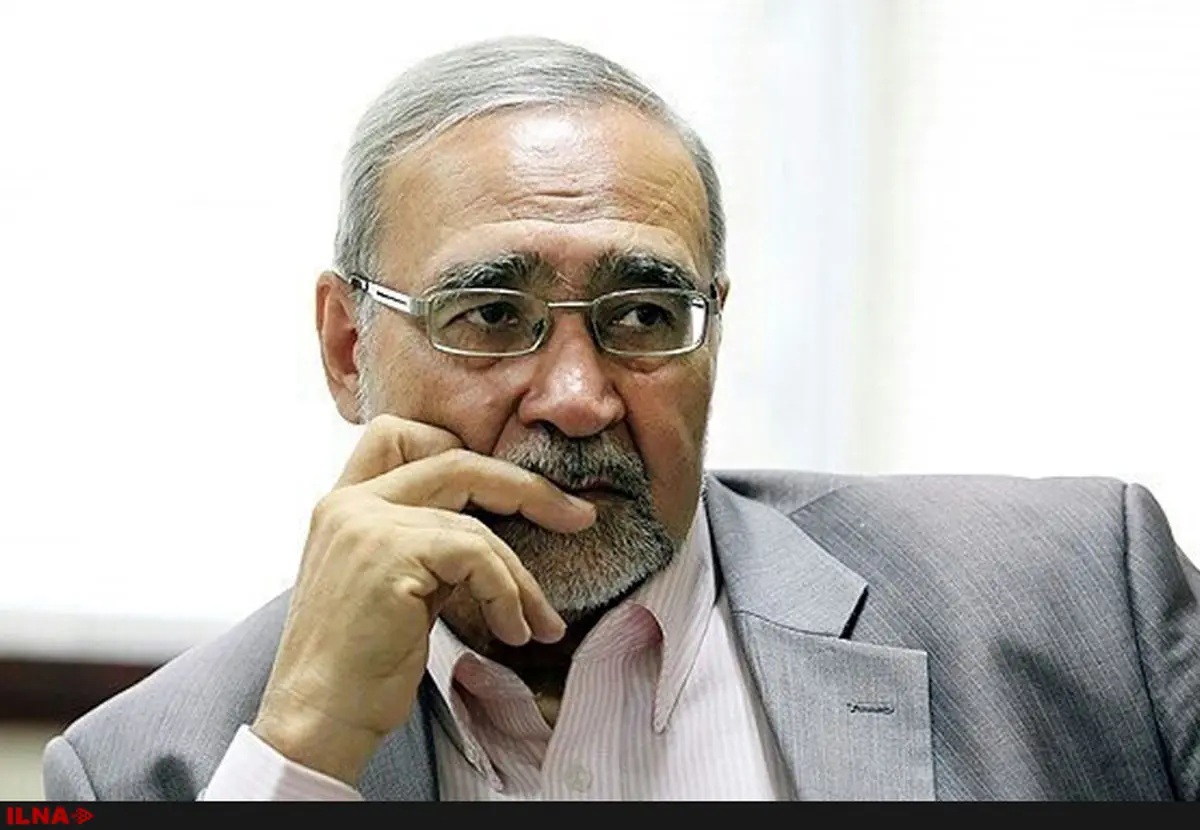Former Iranian ambassador to Moscow, Nematollah Izadi, on Monday authored a candid critique of Tehran’s reliance on Russia amid escalating tensions in the Middle East, warning that Moscow’s loyalties lie elsewhere and would favor Israel over Iran if forced to choose between the two nations.
According to online media sources, Izadi’s remarks were sparked by Moscow’s muted response to recent unprecedented Israeli strikes targeting Iranian military and nuclear facilities.
Despite Iran’s significant military cooperation with Russia, particularly in supporting Kremlin efforts in Ukraine, Iranian officials have voiced growing frustration over Russia’s silence and seeming ambivalence in the face of what Tehran views as direct aggression.
Izadi emphasized in an interview with the Iranian outlet Jamaran that Russia inherently prioritizes its strategic interests and global relationships over any allegiance to Tehran.
He asserted, “If Russia were to choose between supporting us or Israel, it would undoubtedly choose Israel”.
This perspective is grounded in Russia’s historically pragmatic foreign policy approach, which views Iran as an unpredictable and volatile player whose instability risks jeopardizing Russian interests.
Izadi stated that Moscow would not jeopardize its own geopolitical calculations or partnerships for Iran.
This highlights how Tehran’s military support to Russia, such as supplying drones for Moscow’s war efforts in Ukraine, has not translated into diplomatic backing in times of crisis.
Additionally, Izadi deplored Russia’s failure to take a more active diplomatic role during the 12-day flare-up between Iran and Israel.
This contrasted it with Russia’s past mediation efforts during the early 2000s Iraq conflict.
Whereas Russia once dispatched special envoys facilitating dialogue amid the US-led invasion of Iraq, no similar mediation was attempted during the recent Iran-Israel hostilities.
This absence, Izadi intimated, undermined any perception of Russia acting as a genuine strategic partner for Iran.
The broader geopolitical context exacerbates Tehran’s isolation.
Over the nearly half-century since the Islamic Republic’s establishment in 1979, Iran’s relations with the United States have been overtly hostile.
Its ties with Europe have oscillated.
Also, its neighboring and regional relationships remain unstable.
These dynamics have compounded Iran’s diplomatic isolation and narrowed Tehran’s foreign policy options.
Despite these setbacks, Iran continues to assert its regional position aggressively.
This is as evidenced by missile strikes against Israel framed by Iranian figures like Tehran University’s Foad Izadi as defensive retaliation against Israeli violence and an expression of support for Palestinians.
However, this stance also deepens Iran’s international isolation and complicates its alliances.
Russia’s cautious approach to the Israel-Iran conflict reflects its delicate balancing act.
Moscow officially condemned the sharp escalation of hostilities and urged restraint, yet it stopped short of outright condemnation of Iranian missile strikes or unequivocal support for Tehran.
Kremlin officials have voiced concern over the risk of a wider regional war or nuclear confrontation but have carefully avoided alienating either side given their strategic interests.
Notably, Russia evacuated some citizens from Iran and temporarily suspended consular activities amid the recent escalation, signaling anxiety about the conflict’s stability.
Experts highlight that Russia’s geopolitical calculations are shaped by its relationships across the Middle East.
Moscow maintains a comprehensive strategic partnership with Iran while simultaneously engaging diplomatically and economically with Israel.
Russian analysts note that Moscow’s ties with Israel are perceived as more stable and beneficial, influencing Russia’s choices when faced with competing pressures.
In the context of US-Iran negotiations, Izadi has also stressed that Russia cannot serve as an impartial mediator, given its own vested interests that preclude neutrality.
He warned Tehran against over-reliance on Moscow as a foreign policy ally.
Izadi cautioned that placing too much dependence on Russia (and China) risks constraining Iran’s diplomatic options and exacerbating its international isolation.
In summary, Izadi’s analysis reveals a stark reality for Iran: Moscow pursues self-interest above alliance loyalty and would favor Israel if forced between the two.
Russia’s reticence and strategic ambiguity during recent Israeli strikes against Iranian targets reflect its prioritization of geopolitical pragmatism over ideological or alliance-based commitments.
Tehran’s long-standing geopolitical isolation and troubled regional relations compound its vulnerability.
It supposedly encourages Iranian strategists to reassess the wisdom of leaning heavily on Russia as a protective ally in an increasingly volatile Middle Eastern landscape.







